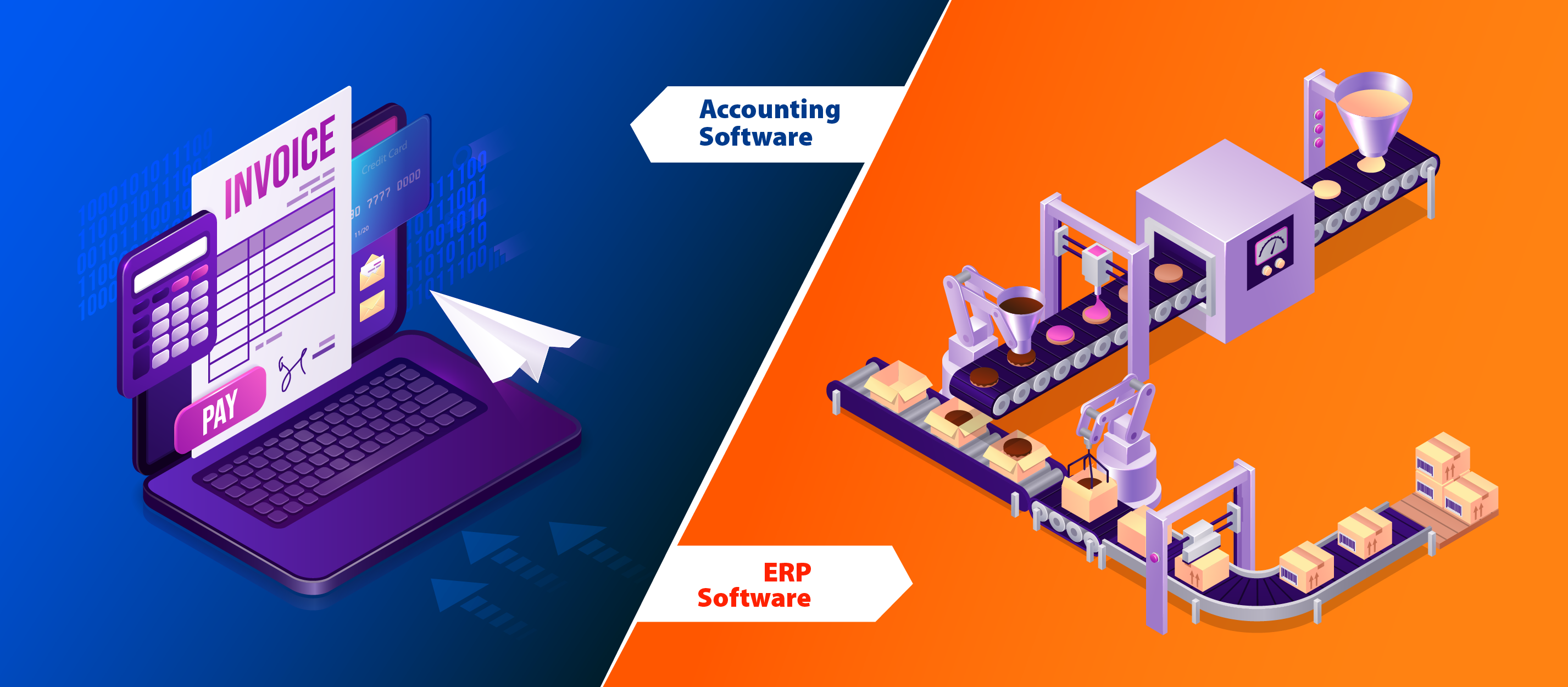
No role in the current business world has changed as rapidly and as drastically as that of the Chief Information Officer (CIO).
Only until a few years ago the role of a CIO was merely to ensure that the company has an adequate IT infrastructure in place to perform the routine business operations.
But this role has observed a complete overhaul with the changing business scenario.
The role of a CIO in modern times demands the head of IT department to deliver business value, increase revenue growth, and improve business agility & performance, among others.
While this does make the role of a CIO look a tad bit fancy, the on ground reality is actually far from it.
Majority of the CIOs working in the process manufacturing industry aren’t finding enough time to execute the responsibilities mentioned above, as they are spending major part of their productive time doing thankless jobs- ones that even earn them the ire of their ‘intolerant’ colleagues, who have little patience when it comes to system failure.
These employees are overly reliant on systems they work on, and run out of patience when they experience a glitch. The frustration which comes out, is targeted at the IT department.
As the head of their department, naturally the CIO of that process manufacturing company comes under fire.
The reactions can be understood, and at times justified, because the business systems are the indispensable part of every single business process- right from sourcing, to manufacturing, and shipping.
It’s a game of small margins after all, and if you are playing it without an Enterprise Resource Planning (ERP) software, you are actually playing to lose it.
Yes, you read that right. If you are operating without an ERP software, you are destined to fail.
In the current business scenario, an ERP software has become an integral part of all the process manufacturing businesses.
And being a CIO, implementing the best ERP system that assists the different business functions to perform to the best of their abilities, is a part of your job.
By providing the right system that helps the procurement managers plan their purchase; the production manager manage the production activities on the shop floor; the sales guys manage their hot leads and existing clients; and above all, the top brass with all the relevant data and reports for strategic decision making, you make your life as a CIO easier.
The word ‘right’ is the operative term in the previous sentence for obvious reasons, because in the absence of the right ERP system, both CIO and the business will continue to struggle.
It is a fact that as the market dynamics are changing, the technologies are evolving, and the operational challenges are mounting, the businesses are getting more complex than ever.
The need to manage the business operations such as formulation, inventory, regulatory compliance, costing, quality & traceability, and the need to have planning, scheduling, and reporting tools, etc. has never been this bigger.
And that’s precisely why the need of the hour are agile, flexible and scalable ERP systems loaded with contemporary features.
These systems aren’t just easing out the things for process manufacturers by providing them with requisite help to reduce costs, manage growth, and increase profits, but also making the job of a CIO a lot easier.
Let’s understand it better by first delving into the challenges the modern-day CIOs face, and then looking at the possible ways how an ERP software helps them address those challenges.
Challenges that peg the CIOs back
There are a number of issues that confront the CIOs in their day-to-day routine. In the current business scenario, the process manufacturing organizations are expecting them to drive greater revenue growth.
This has put the manufacturing CIOs under the pressure to redefine the production workflows to accommodate short production runs on existing products, and streamline new product introductions as well, with new product lines – many of them customizable – get launched into the market.
We have read this far too many times of late – ‘data is the new oil’. Statistically speaking, 90 percent of the data in the world has been generated only in last two years.
Thus, it’s a no-brainer that the businesses should not just manage their data properly, but also leverage it to their competitive advantage.
But most businesses don’t know what to do with their data, and leave it up to the CIOs to turn that data into meaningful management information that helps the business become more agile & flexible and improve the decision making.
So, turning the data into a competitive advantage is a challenge for the CIOs.
Most of the modern businesses still rely on the legacy systems, as they meet their most-specific information needs.
This is another major concern for the CIOs, as the challenge for them is to lead the digital transformation project and integrate the legacy systems with all the latest applications and platforms without really compromising with production quality as well as efficiency, especially in times when products are getting more complex.
Delivering on the production, sales, and other fronts, and enabling service agility with the existing IT resources is a massive challenge for the CIOs.
The times have certainly changed, and along with it, the regulatory requirements have become more stringent.
Process manufacturers today are compelled to spend more time than ever to stay compliant with the regional, national as well as international requirements.
For CIOs, the challenge is to help the company stay flexible enough to take on complex projects, and stay compliant to the regulatory requirements at the same time, apart from turning the compliance efforts into a competitive advantage.
Then there are disparate systems
Also, often in the absence of an ERP software, the process manufacturing company may be using disparate systems to run the business; that is a different software for every major area of the business.
These disparate systems are often characterized as information silo as they operate in complete isolation from other data systems, resulting in lack of communication between different areas of the business.
What this effectively means for the CIOs is that they spend majority of their time doing mundane things such as getting the disparate information collected from different systems to integrate with other areas of the business, instead of doing strategic work.
There is a huge disconnect between the departments, and these cracks show up when the CIOs sit down at work every morning.
They figure out that the purchase guys do not have access to vital data on what needs to be bought and in what quantity because they aren’t in sync with the production department and the Material Requirements Planning (MRP) systems aren’t getting them accurate & effective data, which is why they have no idea about the requisite stock levels required.
This lack of insight hampers the inward, and subsequently the outward, inventory management process.
In the wake of such circumstances, the biggest question CIOs are faced with is that how do they bridge this gap? How do they deal with these challenges?
The answer is – with a process manufacturing ERP software
ERP takes CIOs from reactive to proactive approach
To begin with, in today’s networked economy, the CIOs are expected to play the role of a strategist.
And they are playing it to perfection by using one integrated ERP software instead of different systems for different functions of business.
The CIOs are driving greater revenue growth and capturing more market share, as the use of one integrated system helps them plug the gaps between what is being sold, managed and ultimately, produced.
Next up is the challenge of modernizing the existing systems, and meeting the regulatory compliance requirements.
Using a new-age ERP software, the CIOs are integrating their existing ERP system with all the latest applications and platforms, digitally enabling quality management across all production centers, and monitoring the activities across all shop floors to improve production scheduling and efficiency, improve track and traceability, and meet compliance requirements in real time.
The real-time monitoring helps identify production bottlenecks faster and allows higher levels of inventory control accuracy and performance, which eventually again helps drive revenue growth.
Coming to the challenge pertaining to data management, an ERP software helps the CIOs in more ways than one to make the data secure, accessible and more meaningful when it’s presented to the executives.
ERP removes the barriers
The CIOs who have the services of a process manufacturing ERP software at their disposal, don’t see the invisible walls separating the different areas of the business.
The functions of Purchasing, Material Planning, Sales Order Management and Production Management, among others, are all in synchronization, close coordination, and in one centralized place.
Accurate information flows seamlessly across the departments, as the system gets rid of spreadsheets or the need of re-keying information.
The production process is now streamlined and optimized, as the purchase people know exactly when to replenish the inventory and in what quantity.
With the entire business data being available at a single repository, they can track, trace and locate inventory within the business, and get an insight into the quantity of stock they have in hand, its location, and whether or not there is a need to replenish it.
Having this knowledge eventually helps business save crucial time while improving the efficiency. The information on the inventory can be linked to the sales order data by the sales team.
With the help of a process manufacturing ERP software’s forecasting tools, the sales managers can predict future performance using the historical sales data, trends and patterns of sales.
In turn, the sales forecast data can be used to assess demand levels so that inventory can be managed accordingly.
ERP drives profitability, and growth
Moving ahead, the production manager gets on-time availability of materials required for production, makes better production plans with the use of business data, and optimal use of manufacturing resources, and subsequently meets consumer demands by timely delivery of the finished products using the MRP and Master Production Scheduling (MPS) functionality of an ERP software.
Moreover, when the production manager looks at the production schedule, he knows that the orders are coming from the credible data source of MRP.
This conviction allows him to focus on the production process. Needless to say, an ERP helps stabilize the production function on the whole.
When all the business functions come on the same page and work in close coordination, the business on the whole works as a well-oiled machine, and achieves its ultimate objectives of serving the customers well, and achieving profits.
Add Cloud to the mix, and things get only better. For example, if a big customer wants to send critical data on its requirements in real time, so that you can produce exactly what they need and deliver when they need, you get real-time access to that data from anywhere at any time.
Yes, you don’t even have to be at the shop floor to feed the important material transactions.
So where does this exactly leave the CIOs? Weren’t we supposed to discuss the challenges they face, and ended up discussing the daily work routines of the sales, production, & purchase managers instead?
That’s most certainly because of the presence of robust IT tools like process manufacturing ERP software that make everyone else’s life easier.
When the business on the whole functions smoothly and achieves all its objectives, and all the key stakeholders have precisely what they want, no one really notices the IT department.
The role of CIOs becomes invisible, and they certainly don’t mind it at all, as it only makes their life easier, and allows them to focus on more strategic IT functions rather than being tied up all day collecting information from different systems and integrating it with other areas of the business.
To sum up
Going from different business systems for different functions, to one system that meets the needs of all the business function, is not easy.
But having read the argument in favor of an ERP software for your process manufacturing business, we think you must be convinced by now of its utility.
There’s nothing more to add, and it remains a fact that the ERP does make life easier for your different stakeholders, CIOs, as well as the business in general.
For over 30 years, BatchMaster has served process manufacturing businesses with solutions that are easy to deploy, easy to manage, and fit their exact needs. Contact their team to get the software solutions of your choice.




















